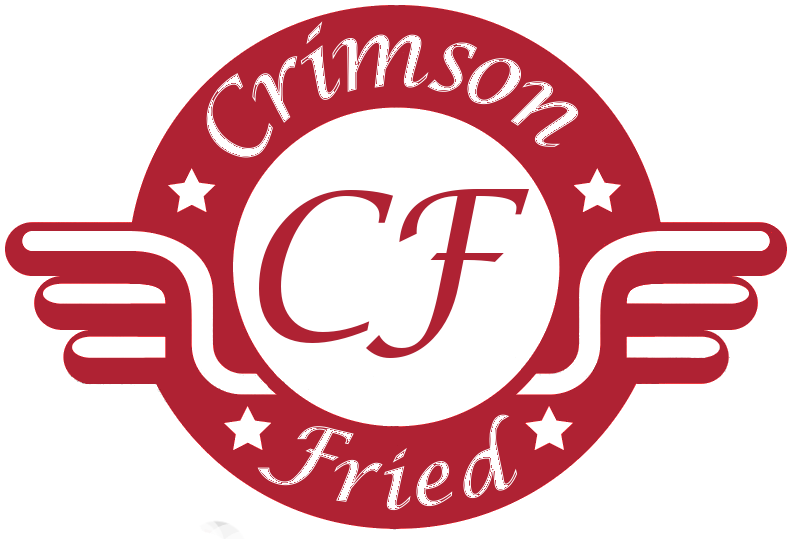“Prepare your own food. This means reviving in your own mind and life the arts of kitchen and household.”—Wendell Berry, “The Pleasures of Eating”
Food today is available more readily, and in more varieties, than ever before, as supermarkets, and restaurants offer an abundance of convenient eating options. But this proliferation of quick and easy food products, while certainly advantageous at times, is not without problems. In his essay “The Pleasures of Eating,” farmer and author Wendell Berry draws his audience’s attention to a major issue confronting our population: the modern-day phenomenon of “industrial eating.”
Berry describes the industrial eaters of today as “passive consumers”(64), disengaged from and unaware of the stories behind their meals. While, as he states, “Eating ends the annual drama of the food economy that begins with planting and birth” (64), many people do not think of themselves as active participants in this drama. Instead, “eating has become a degraded, poor, and paltry thing” (66), which people hurry through with little or no awareness. Continue reading





